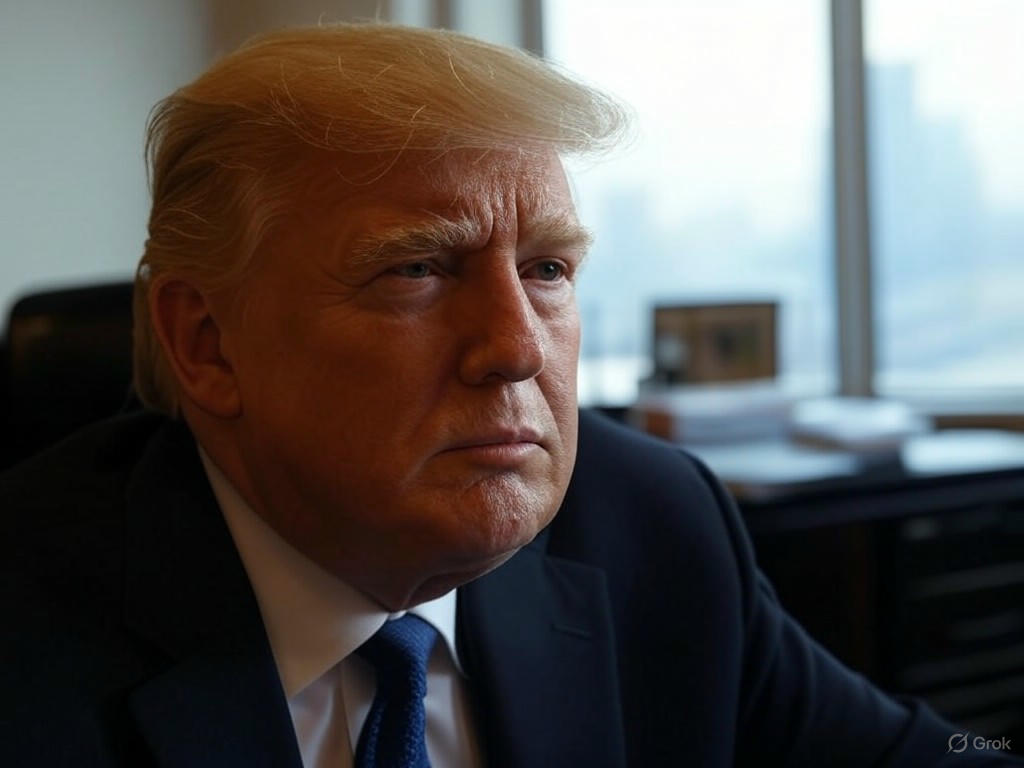In a landmark decision, the Federal Trade Commission (FTC), under the influence of the current administration, has given the go-ahead to a monumental $13.5 billion merger between advertising giants Omnicom and Interpublic Group. This deal, one of the largest in the advertising industry’s history, is set to reshape the landscape of global marketing and media buying. However, what’s raising eyebrows is not just the sheer scale of the merger, but a unique condition attached to the approval that appears to align with the interests of Elon Musk’s social media platform, X.
The FTC’s consent order, which paves the way for this corporate union, includes a specific provision aimed at preventing the newly formed entity from coordinating advertising spend based on ideological biases. This clause is seen by many as a protective measure for platforms like X, which have faced criticism and advertiser pullbacks due to content moderation policies and Musk’s outspoken views on free speech. By ensuring that ad budgets aren’t swayed by political or cultural leanings, the FTC seems to be indirectly safeguarding X from potential boycotts or discriminatory ad allocation by major agencies.
Industry experts are divided on the implications of this ruling. On one hand, the merger of Omnicom and Interpublic Group is expected to create a powerhouse capable of dominating market share, streamlining operations, and offering clients unparalleled reach across traditional and digital media. This could drive innovation in advertising strategies and potentially lower costs for businesses seeking to promote their brands. However, critics argue that such consolidation might stifle competition, giving the merged entity disproportionate control over ad pricing and placement decisions. Small and mid-sized agencies, they warn, could struggle to keep up with the new giant.
The ideological neutrality clause also sparks debate. While some see it as a progressive step toward fairness in advertising, others view it as a political maneuver. Since Musk’s acquisition of X, the platform has been a lightning rod for controversy, with some advertisers hesitating to associate their brands with its unfiltered content. By embedding this condition in the merger approval, the FTC may be signaling a broader intent to protect tech platforms from ideological blacklisting, a move that could benefit X in regaining advertiser confidence.
As this merger moves forward, the advertising world watches closely. The combined strength of Omnicom and Interpublic Group will undoubtedly shift industry dynamics, but the FTC’s unusual stipulation raises questions about the intersection of business, politics, and technology. Will this decision set a precedent for how mergers are conditioned in the future? And how will it impact the delicate balance between corporate power and platform autonomy? For now, the approval marks a win for consolidation—and perhaps a subtle victory for X in its ongoing battle for relevance and revenue in a polarized digital ecosystem.
FTC Greenlights Massive Ad Merger with a Nod to X’s Interests
